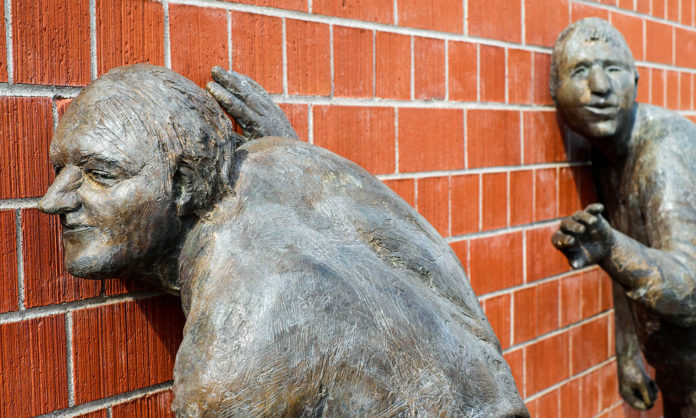
Eavesdropping is (allegedly) not very nice, but for writers, this vice is a virtue. In an article for Lit Hub, Nikita Lalwani says she encourages her writing students to listen in while others are speaking.
“In London, if I am taking the subway home after a night out, round midnight, I have found myself on the platform studying the people around me,” Lalwani says. “With my own novels, I have found that it is close observation that introduces surprise into the text, and that steers me away from cliche.”
Rather than eavesdropping for content, Lalwani says we should listen as part of our observational practice. “Become the camera, make it a habit, I say,” Lalwani writes. “Get into the habit of looking for detail, whether verbal or non-verbal, intimate or inanimate. Notice it. Record it. Over and over again.”
Listening is a key skill, because a single writer can’t possibly inhabit every character in their book. “Writing fiction will always require walking in shoes that do not belong to you,” Lalwani says. “The only option is to try and do it well, without insult. For that, we need to care enough to listen.”











